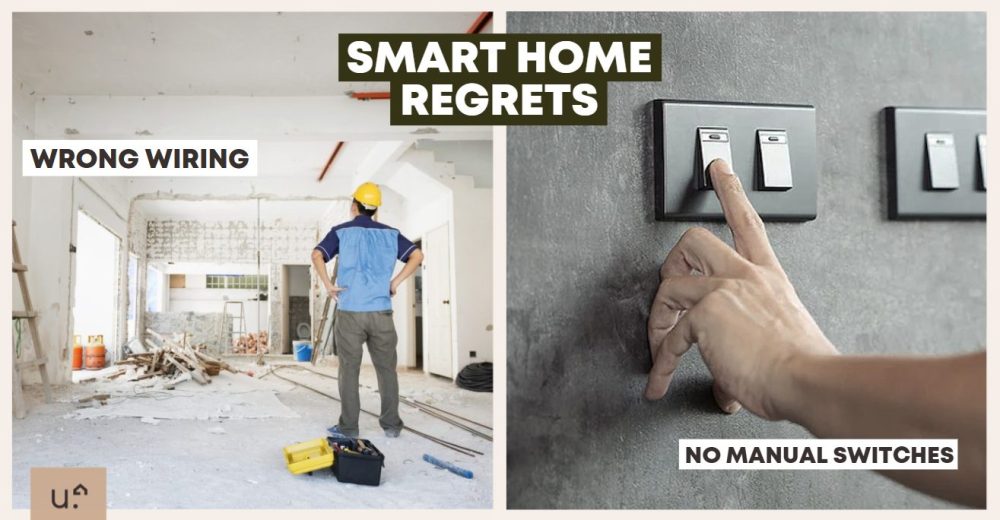Key Takeaways
- Common smart home regrets include poor-quality devices, inadequate Wi-Fi, and lack of manual backups.
- Proper planning during renovations ensures comprehensive integration of smart technology.
- Homeowners should consider long-term maintenance and hidden costs associated with smart devices.
Smart Home Regrets to Avoid
Movies like “Her” and “Ex Machina” have set high expectations for smart homes equipped with voice-activated technology and automation. While many homeowners embrace smart devices—such as AI-embedded central hubs, smart lights, and digital locks—real-life experiences often lead to frustration.
One major regret is opting for cheaper smart switches that fail prematurely. Many homeowners report issues with low-quality devices, emphasizing the importance of investing in reliable brands that offer better performance and support.
Additionally, many overlook the need for robust Wi-Fi systems. Smart homes require strong, consistent connectivity; inadequate routers can disrupt functionality, leading to dropped connections and malfunctioning devices. Investing in a quality mesh Wi-Fi network can mitigate these problems.
Another significant issue arises from the lack of manual backups. Many smart devices rely solely on internet connectivity, leaving homes unresponsive during outages. Homeowners are encouraged to incorporate physical switches or backup systems to ensure operation during technical failures.
Moreover, accents often hamper the effectiveness of voice assistants like Alexa and Google Assistant, frustrating users who find their commands unrecognized. simplicity is key; overly complex systems can deter family members, especially the elderly, from utilizing technology.
Hidden costs associated with smart devices, including subscriptions for cloud services or app features, often catch homeowners off guard. It’s crucial to review contracts and potential long-term expenses before making purchases.
Lastly, proper planning during renovations is vital. Failing to integrate smart systems from the beginning can lead to inadequate setups and cumbersome adjustments later. Smart home management should simplify life, not complicate it; proactive strategies ensure that technology genuinely serves homeowners’ needs.
The content above is a summary. For more details, see the source article.















